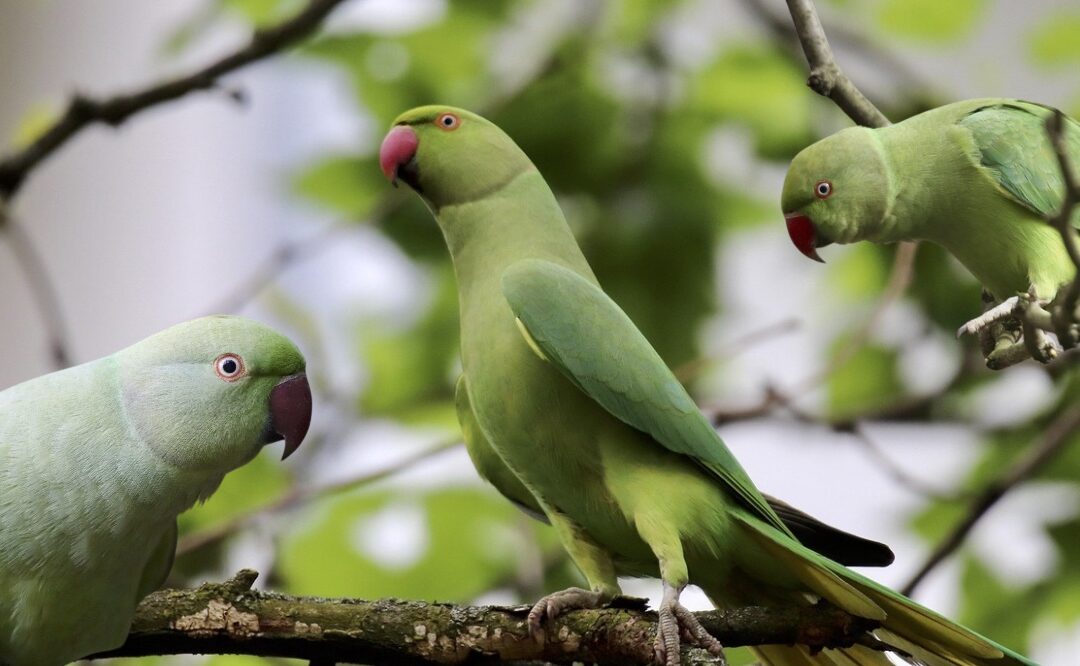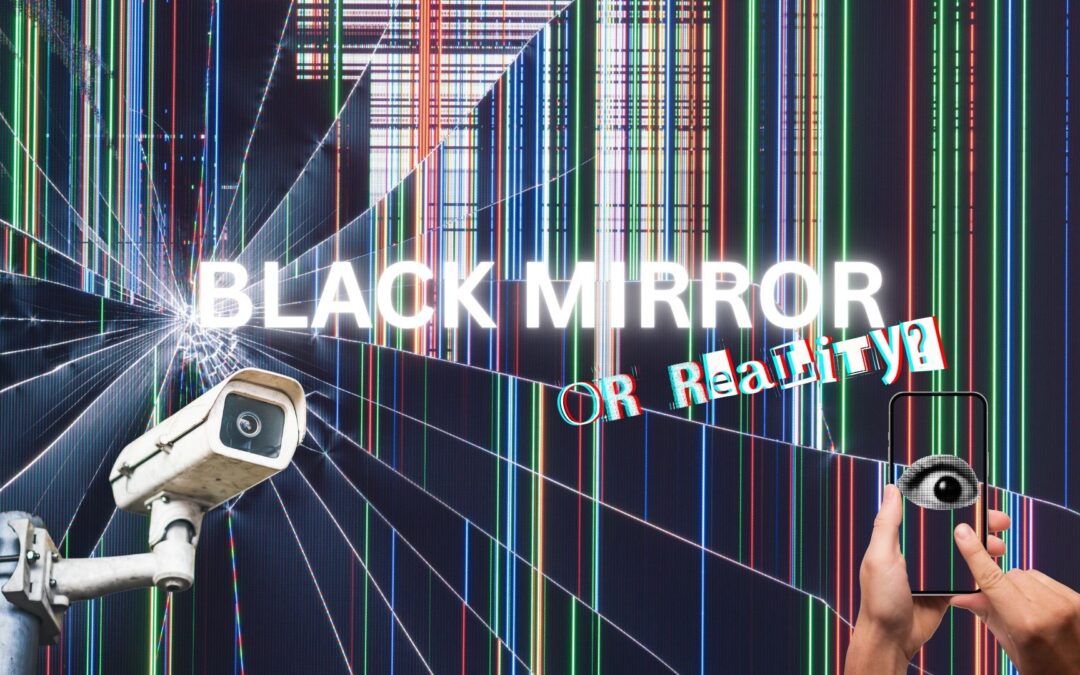Welcome to 2025, where children can start a business, be a passenger in a self-driving Uber and download an AI boyfriend with better chat than most of Year 10, but they’ll soon need a government-issued ID just to watch a hamster dancing on Tik Tok. This December, Australia will enforce the world’s first outright ban on social media for under 16s, leaving tech savvy teens and their parents wondering: is this pioneering safeguarding, or Big Brother Down Under?
Can kids put their ring lights down, will social media be able to thrive without the Tik Toking teens, in a world where screen time is quickly becoming an equivalent to oxygen? We explored how this revolutionary regulation translates for us over here in the UK.
Mumfluencer and parenting powerhouse, Vicki Broadbent, sat on a roundtable in Parliament with Google looking at the online safety bill that was passed in 2023. “I think government intervention with the Online Safety Bill in the UK was absolutely necessary to safeguard children and apply fines,” she said. “Importantly, implementing new criminal offences will help mitigate risks and punish those who offend.”
New laws were brought in in the UK under the Online Safety Act 2023 to protect all social media users, but particularly children. And as of 2024, new criminal offences were introduced to reflect the changing online landscape, including cyberflashing and encouraging or assisting serious self-harm. And Ofcom now have the ability to fine companies up to £18 million or 10% of their qualifying worldwide revenue (whichever is biggest) and criminal action can be taken against the companies themselves where necessary.
“I’m not sure I agree with an outright ban however, which seems too severe a measure,” Vicki said. “Will this make social media more alluring, will children feel FOMO as their American, European etc counterparts partake in trends, learn about music, have online experiences, where they’re not allowed to, and what is stopping older children from sharing social media with their younger siblings and friends? How will those who break the ban be punished? Will parents be punished?”
The ban, which is a world first of its kind, will mean that social media platforms that do allow children’s profiles can be fined up to A$50 million (which is about £25.7 million).
This could be underestimating just how tech savvy kids are and that their internet use doesn’t stop at slime videos and whatever the hell skibbidddi rizz is. A VPN may sound to a parent like something they don’t want to catch from their kids, rather than a tool that kids may well be aware of how to use to bypass such geographical restrictions.
“It’s boomers trying to tell young people how the internet should work,” Australian Green Party Senator Sarah Hanson-Young said. “It’s also obvious that the people who have drafted and fought for the particular elements of this bill actually have no idea how young people engage with the internet.”
Australian Prime Minister Anthony Albanese said “Social media is doing harm to our kids. I’m calling time on it.” And Australian Minister for Communications Michelle Rowland MP said “Introducing a minimum age for social media access is about protecting young people – not punishing or isolating them – and letting parents know that we are in their corner when it comes to supporting their children’s health and well being.
“The ban seems extreme to me as a parent living in the UK,” Vicki said. “Anything banned usually becomes more enticing, but equally I understand that there are genuine concerns over social media usage, and keeping young people safe from danger, death etc.
Vicki Broadbent (@honestmum) • Instagram photos and videos
It’s a fine line between people viewing=increasing online regulations like Australia’s upcoming social media ban as a needed digital detox or dystopia for kids, as so much of their lives, interactions and communities thrive online.
“I do worry that a ban demonises social media completely, as there are clear pros as well as cons,” Vicki said. “It’s a tool for social cohesion, communication and connection, and general internet usage can be educational, entertaining and informative. There’s been a rapid acceleration in digitisation since the pandemic, and with the advancements of AI now (much with great benefits especially when it comes to medicine and education helping), tech, and social media, an arm of tech, won’t be going anywhere. Like any new developments, I believe we as a society must collectively learn to live with advancements, safely.”
Vicki has a massive online platform and community of parents who look to her for advice, and she doesn’t shy away from including her kids in her content, which on Instagram alone reaches over 20 million monthly views. As well as her own blog, and 121 million monthly reach on Bored Panda, which she’s a regular parenting expert for, Vicki regulars appears on our TV screen to advise and inform on parenting, so she has experience on all sides of the argument.
Honest Mum | UK Lifestyle and Parenting Blog From the Author of Mumboss
“My older children absolutely have a say in if and how they appear on my own platforms,” she said. “My youngest is three, and she appears in some of my content but I’m careful never to share details of our address, school uniform etc. When it comes to their own use, my daughter likes to watch Ms Rachael, Bluey and Peppa Pig on YouTube and Netflix respectively. There’s a blurred line between social media and TV use as YouTube is essentially a TV channel to our children! TV and print press is losing popularity as the next generation in particular move online for everything!”
YouTube is exempt from the ban, as well as gaming and messaging platforms, or sites that don’t need passwords to access. It has been confirmed that the ban will include Snapchat, Tik Tok, Facebook, Instagram and X, although critics from these companies have voiced disappointment. Tik Tok said the government’s definition of what a social media platform actually is so “broad and unclear” that “almost every online service could fall within.”
“I believe education is the best measure and equally creating a relationship with your children based on trust, so they feel comfortable reaching out if issues and concerns arise,” Vicki said. “Ultimately it is our responsibility as parents to monitor our children’s tech use and keep them safe. We require the platforms to take responsibility and the state/ law to carry out punishments where those break the law online, just as we do in the offline world.”
If a similar ban came into the UK, British teens are adamant that they would get around the bans and not be held back by the law. “What’s the point of even having a phone if you can’t go on Tik Tok,” a 12-year-old boy from Bradford said. “It’s like stealing cinemas from old people I guess, doesn’t make sense to rob kids of entertainment. I learn tons from Tik Tok and stuff, so I wouldn’t want to give it up.
“We’d just start our own called like Tok Tik or something, have it do all the same stuff and hide it as a calculator app.” As hopeful as that may make you for the astute next generation, and their potential to rally together to protect their online culture, it is a worry that restrictions like Australia’s will just push kids towards even more dangerous online content that doesn’t require age-registering accounts.
“It’s entirely likely the ban could see young people pushed to darker corners of the internet where no community guidelines, safety tools, or protections exist,” a TikTok spokesperson said.
Just this week, Australia has seen a huge Tik Tok advertising push towards teens, investing massive amounts in showing the impact of all the educational and inspirational content Tik Tok provides young people. The adverts show young people going outdoors inspired to fish after seeing it on Tik Tok, combatting the ‘brain rot’ reputation the endlessly scrollable platform has.
But is the teenage brain even that much more developed at 17 to be finally given full access to social media? Do children need the embarrassing memories of posting their dinner and complaints about Year Nine homework to be more savvy and responsible as adults? Will we see a mortifying wave of first-time Snapchatters posting dog filter selfies as adults a decade down the line from this ban?
“I think there might be an influx of children desperate to catch up at 17 but time will tell,” Vicki said. “It will certainly be a social experiment like no other!”



